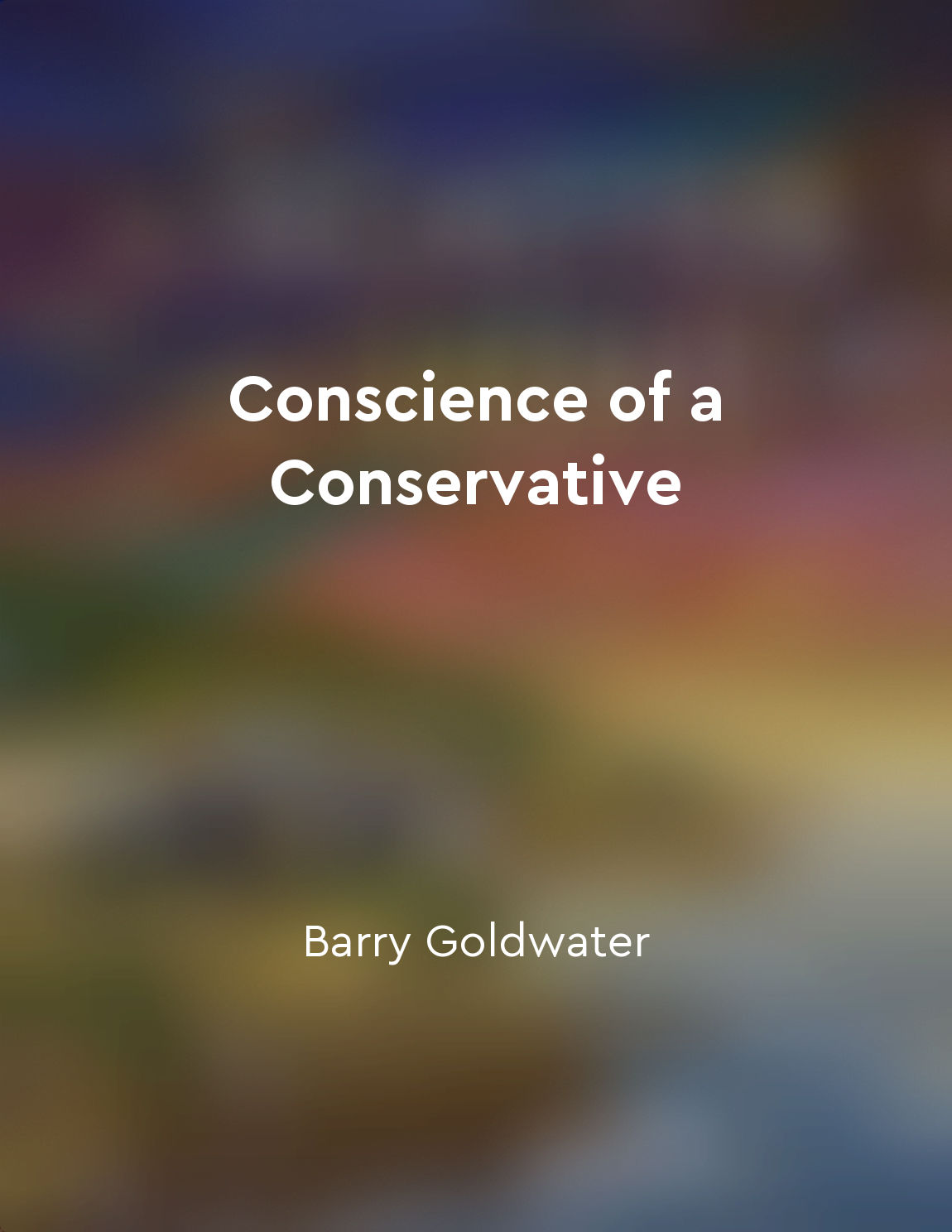The executive, legislative, and judiciary are separate from "summary" of Constitution of India (Prabhat Prakashan) by Pratap Kumar Ghosh
The principle of separation of powers is a fundamental feature of the Constitution of India. This concept ensures that the three branches of government - the executive, legislative, and judiciary - operate independently of each other. Each branch has its own distinct functions and responsibilities, which are clearly defined in the Constitution. The executive branch is responsible for implementing and enforcing laws. It consists of the President, the Vice-President, the Prime Minister, and the Council of Ministers. The executive branch is separate from the legislative and judiciary branches to prevent any one branch from becoming too powerful. The legislative branch is responsible for making laws. It consists of the Parliament, which is divided into two houses - the Lok Sabha and the Rajya Sabha. The Parliament is separate from the exe...Similar Posts

Legal rules can shape social behavior
Legal rules are not merely abstract principles that exist in isolation; they have a real impact on shaping the behaviors and in...
Democracy is a continual work in progress
Jean Bethke Elshtain argues that democracy is not a static entity that can be achieved and then left alone to flourish indefini...

Standing up for one's beliefs is honorable
Holding fast to one's convictions is a virtue that has been celebrated throughout history. It is a testament to one's character...
Attorney General is the legal advisor to the government
The Attorney General is a key figure in the legal framework of the government. This individual serves as the principal legal ad...

Secularism ensures religious freedom for all
The principle of secularism in the Indian Constitution plays a vital role in safeguarding the right to religious freedom for al...

Mistake of fact and law are considered
The concept of mistake of fact and law holds significant importance in the legal framework outlined in The Indian Penal Code. M...
Constitution of India is the supreme law of the land
The Constitution of India stands above all other laws in the country. It is the highest legal authority that governs the functi...

Rule of law ensures equality before the law
The principle of equality before the law lies at the heart of the Rule of Law. This means that all individuals, regardless of t...
InterState Council promotes coordination between States and the Centre
The Inter-State Council is an important body that plays a crucial role in promoting coordination between the States and the Cen...

Functions of the Parliament
The Parliament of India performs several vital functions in a democratic system. One of its primary functions is legislation. P...
